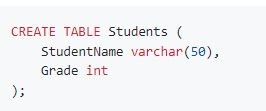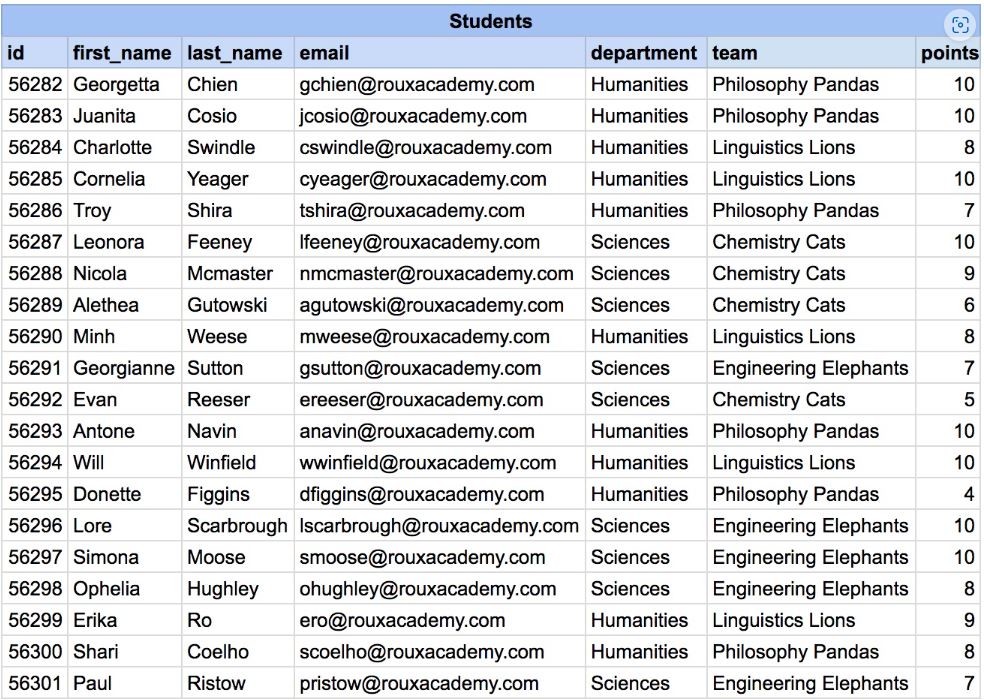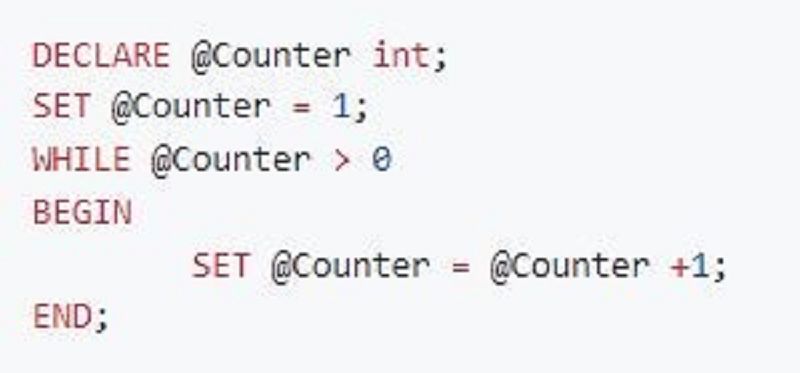SQL QUIZ
{"name":"SQL QUIZ", "url":"https://www.quiz-maker.com/QPREVIEW","txt":"Test your SQL skills with our engaging quiz designed to challenge your knowledge of database management and querying. Whether you're a beginner or an experienced developer, this quiz will help you identify your strengths and areas for improvement.Key Features:Covering essential SQL conceptsMultiple choice questionsInstant feedback on your answers","img":"https:/images/course8.png"}
More Quizzes
DBA LEVEL III COC EXAM: PREPARED BY TECHNIFY TUTOR
1050
Test your SQL
1050
About me
105149
Starcraft Quiz
11610
Psychological Abuse Test - Am I Being Emotionally Abused?
201017003
Is My Mom Toxic - Free Self-Assessment
201018214
Spirit Element - Discover Your Elemental Type
201017381
Back to the Future - Free Movie Trivia Challenge
201017854
Journal Entry Practice Questions - Free Accounting
201018999
Herbal Essences Test - Find Your Best Shampoo
201017854
Nicki Minaj - Test Your Fan Knowledge
201018214
VAT: Test Your Compliance Knowledge (Free Online)
201015893







